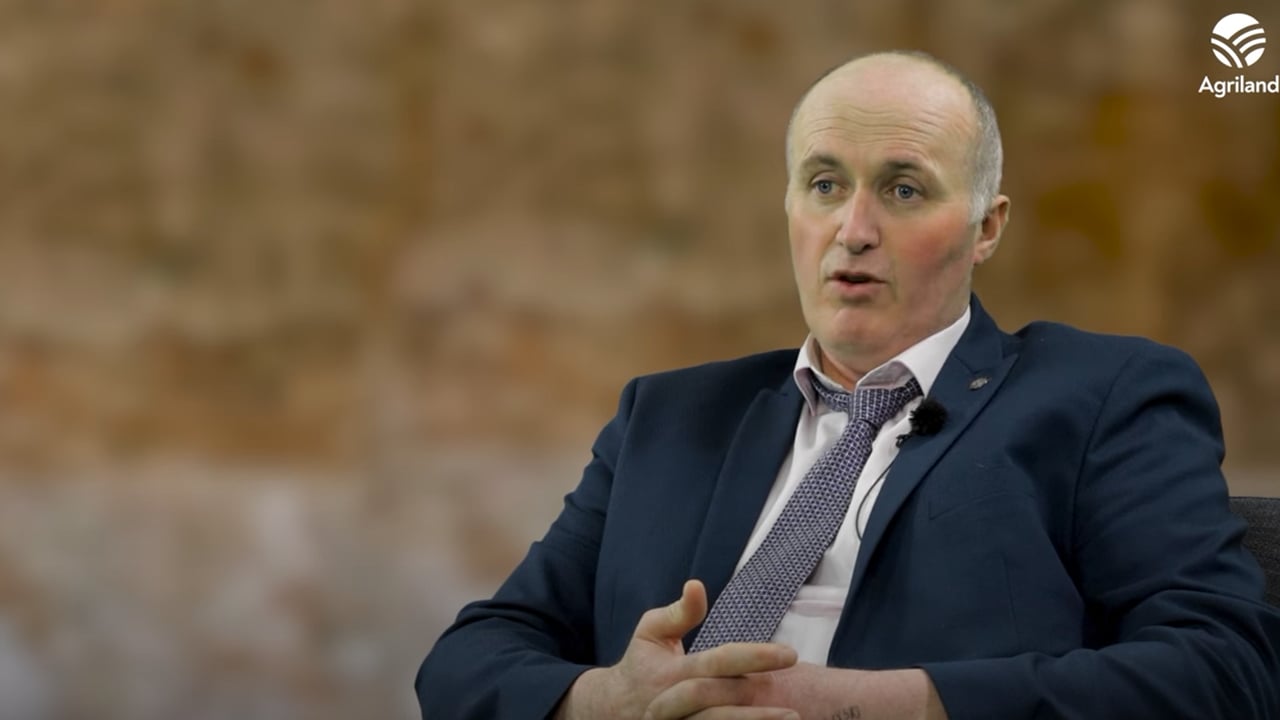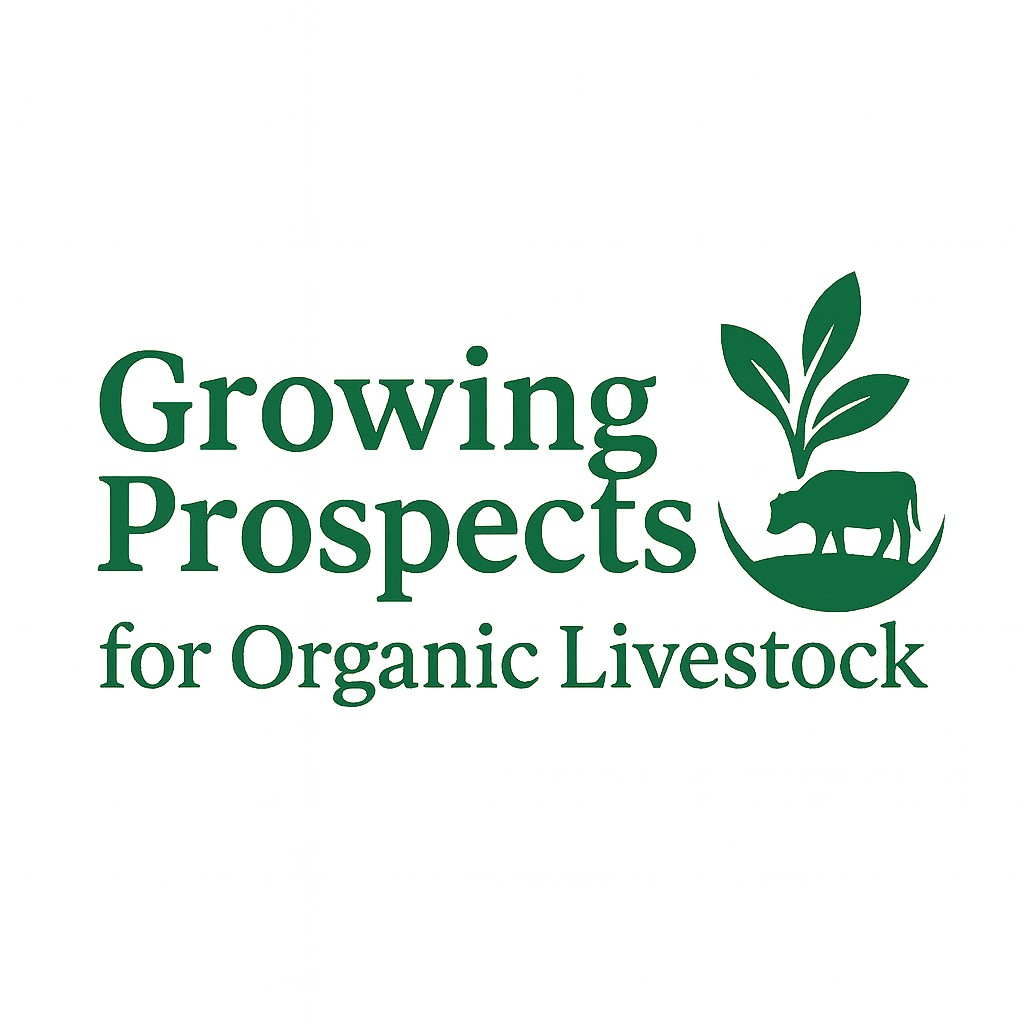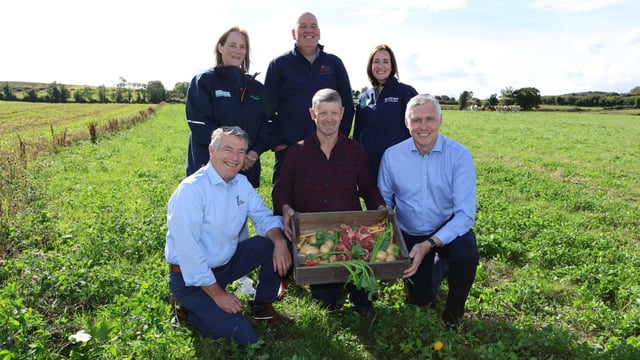Farmland: Protected urea must be embraced to meet emissions targets
Farmers will have to embrace the use of protected urea over calcium ammonium nitrate (CAN) fertiliser, according to Pat McCormack, president of the Irish Creamery Milk Suppliers' Association (ICMSA).
Speaking on the latest episode of Farmland about environmental-protection measures facing the dairy industry in Ireland, McCormack said that those in the sector have no choice but to embrace alternative options to protect their business, as the country works to lower its emissions.
"Farmers will have to embrace protected urea over and above CAN, in particular grassland farmers.
However, he admitted that there are a number of issues that need to be addressed, including the poor availability of low emission slurry spreaders (LESS).
"We need to be in a position to have all the tools available to farmers so that we can deliver, continue with the level of output we have and, indeed, increase in the months and years ahead," he said.
According to McCormack, the dairy sector has been making progress, but if that is to continue, better availability and increased use of protected urea is necessary.
"From a kilogramme-of-milk-solids perspective, we've reduced our emissions by approximately 20% over the last five-year period and we believe we can continue to deliver on that trend.
"The likes of water quality is a concern but the LESS and protected urea would tailor that in such a way that we'd see improvements in the months and years ahead," he added.
Speaking about the possibility of an increase in the level of output from the dairy sector, McCormack also said that farmers must become more efficient if they are to do this while continuing to meet emissions targets.
Alongside efficiency, it is just as important to ensure the by-product of the dairy herd is fit for purpose for the beef herd, according to McCormack.
He said there is a lot of speculation around the future of the industry in terms of a reduction in dairy production, something which he says must be voluntary.
Despite the challenges the sector is facing, he's confident it is in a good place as developments such as the use of ruminant additives, which can help the sector to lower its emissions, unfold.
Watch the latest episode of Farmland by clicking here.





